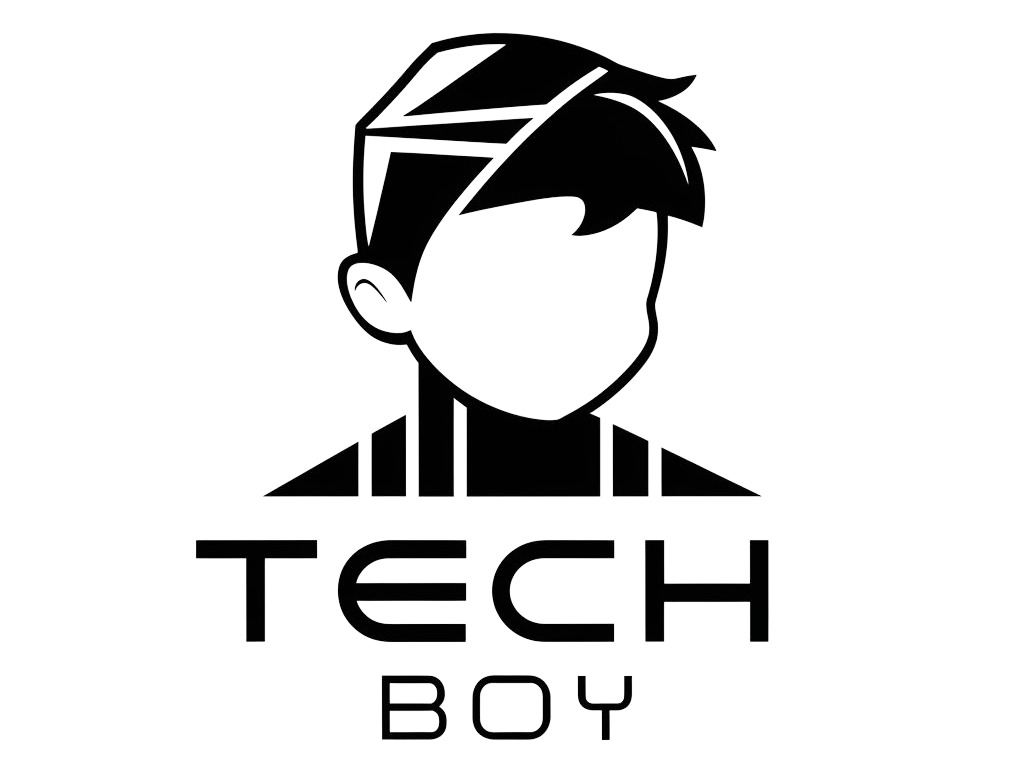Apple shops at Amazon for Apple Intelligence services
Apple shops at Amazon.
In this case, it is using artificial intelligence (AI) processors from Amazon Web Services (AWS) for some of its Apple Intelligence and other services, including Maps, Apps, and search. Apple is also testing advanced AWS chips to pretrain some of its AI models as it continues its rapid pivot toward becoming the world’s most widely deployed AI platform.
That’s the big — and somewhat unexpected — news to emerge from this week’s AWS:Reinvent conference.
Apple watchers will know that the company seldom, if ever, sends speakers to other people’s trade shows. So, it matters that Apple’s Senior Director of Machine Learning and AI, Benoit Dupin, took to the stage at the Amazon event. That appearance can be seen as a big endorsement both of AWS and its AI services, and the mutually beneficial relationship between Apple and AWS.
Not a new relationship.
Apple has used AWS servers for years, in part to drive its iCloud and Apple One services and to scale additional capacity at times of peak demand. “One of the unique elements of Apple’s business is the scale at which we operate, and the speed with which we innovate. AWS has been able to keep the pace,” Dupin said.
Some might note that Dupin (who once worked at AWS) threw a small curveball when he revealed that Apple has begun to deploy Amazon’s Graviton and Inferentia for machine learning services such as streaming and search. He explained that moving to these chips has generated an impressive 40% efficiency increase in Apple’s machine learning inference workloads when compared to x86 instances.
Dupin also confirmed Apple is in the early stages of evaluating the newly-introduced AWS Trainium 2 AI training chip, which he expects will bring in 50% improvement in efficiency when pre-training AI.
Scale, speed, and Apple Intelligence
On the AWS connection to Apple Intelligence, he explained: “To develop Apple Intelligence, we needed to further scale our infrastructure for training.” As a result, Apple turned to AWS because the service could provide access to the most performant accelerators in quantity.
Dupin revealed that key areas where Apple uses Amazon’s services include fine-tuning AI models, optimizing trained models to fit on small devices, and “building and finalizing our Apple Intelligence adapters, ready to deploy on Apple devices and servers.. We work with AWS Services across virtually all phase of our AI and ML lifecycle,” he said.
Apple Intelligence is a work in progress and the company is already developing additional services and feature improvements, “As we expand the capabilities and feature of Apple Intelligence, we will continue to depend on the scalable, efficient, high-performance accelerator technologies AWS delivers,” he said.
Apple CEO Tim Cook recently confirmed more services will appear in the future. “I’m not going to announce anything today. But we have research going on. We’re pouring all of ourselves in here, and we work on things that are years in the making,” Cook said.
TSMC, Apple, AWS, AI, oh my!
There’s another interesting connection between Apple and AWS. Apple’s M- and A- series processors are manufactured by Taiwan Semiconductor Manufacturing (TSMC), with devices made by Foxconn and others. TSMC also makes the processors used by AWS. And it manufactures the AI processors Nvidia provides; we think it will be tasked with churning out Apple Silicon server processors to support Private Cloud Compute services and Apple Intelligence.
It is also noteworthy that AWS believes it will be able to link more of its processors together for huge cloud intelligence servers beyond what Nvidia can manage. Speaking on the fringes of AWS Reinvent, AWS AI chip business development manager Gadi Hutt claimed his company’s processors will be able to train some AI models at 40% lower cost than on Nvidia chips.
Up next?
While the appearance of an Apple exec at the AWS event suggests a good partnership, I can’t help but be curious about whether Apple has its own ambitions to deliver server processors, and the extent to which these might deliver significant performance/energy efficiency gains, given the performance efficiency of Apple silicon.
Speculation aside, as AI injects itself into everything, the gold rush for developers capable of building and maintaining these services and the infrastructure (including energy infrastructure) required for the tech continues to intensify; these kinds of fast-growing industry-wide deployments will surely be where opportunity shines.
You can watch Dupin’s speech here.
You can follow me on social media! Join me on BlueSky, LinkedIn, Mastodon, and MeWe.







